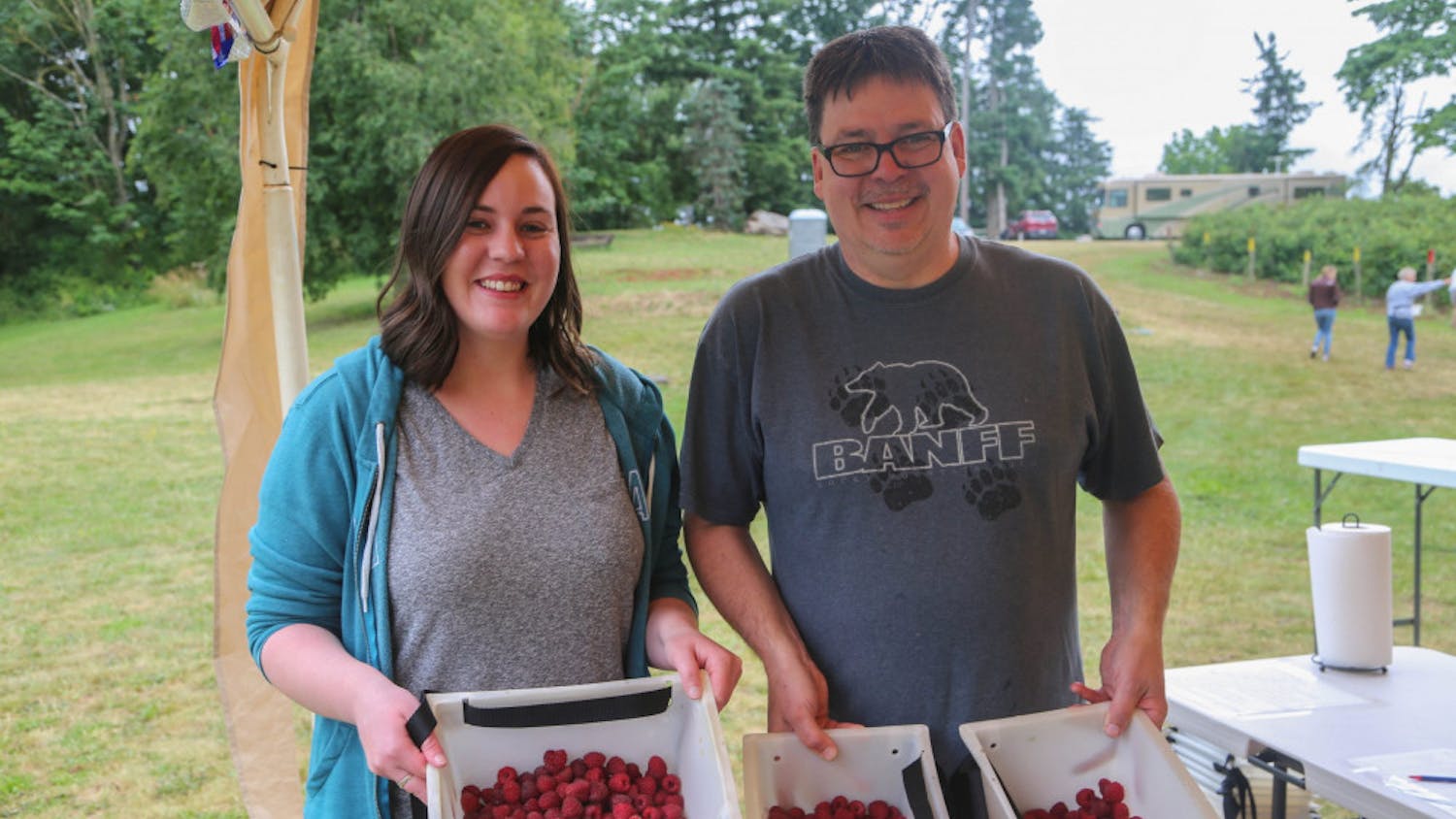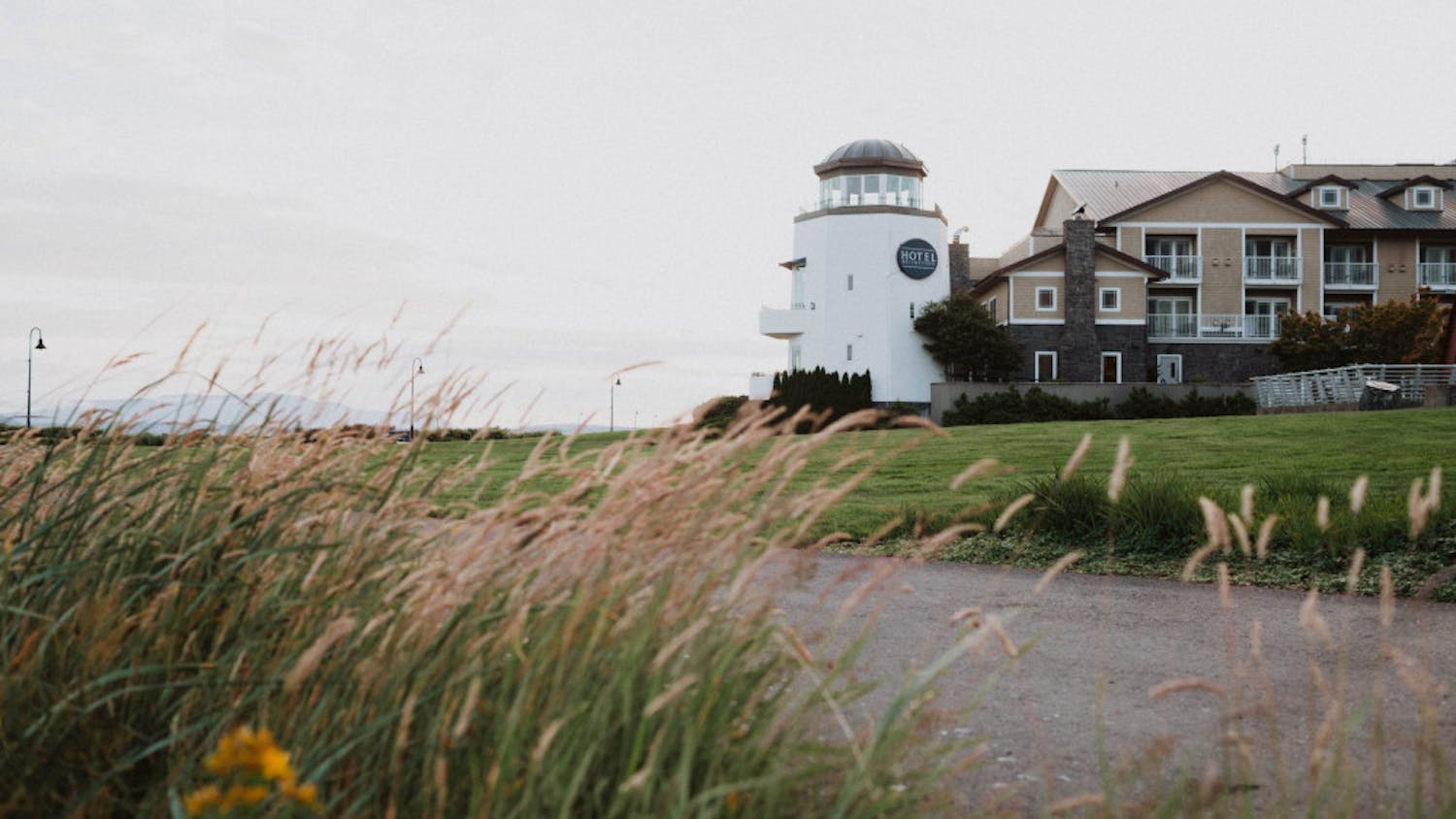 Backpacking for the first time is a daunting task for anyone wanting to jump into the world of backcountry camping. With these tips and tricks, I hope to teach you everything you need to know to make your first time a little easier. You will be comfortable while in the woods and will be anxious to take backpacking trips more often.
Let people know where you’re going: In case of an emergency, let at least one person know where you are going. Give them a packet and include:
Backpacking for the first time is a daunting task for anyone wanting to jump into the world of backcountry camping. With these tips and tricks, I hope to teach you everything you need to know to make your first time a little easier. You will be comfortable while in the woods and will be anxious to take backpacking trips more often.
Let people know where you’re going: In case of an emergency, let at least one person know where you are going. Give them a packet and include:
- Itinerary of where you will camp each night
- How long you will be gone
- When you will return home on your final day
While you are planning out your entire itinerary, this will help you nail down the camps you will be at, along with helping to keep you on track while out hiking.
Pack heaviest items on the bottom, lighter items on top: You want to have most of your pack weight resting on your hips, rather than on your shoulders. This will alleviate strain on your back and shoulders, helping to keep you comfortably hiking for miles.
Waterproof boots and wool socks: There is nothing worse than being stuck in the backcountry, miles away from your car, with soggy boots and socks. Make sure you have boots that are up for the task. Gore-Tex is the best waterproofing material out there and I definitely recommend it. But if you are not able to afford them, Timberland is another great boot brand that won’t break the bank.
Recommendations:
- Lowa Renegade GTX mid hiking boots- Men’s: $230 at REI
- Lowa Focus GTX mid hiking boots - Men’s: $159.73 at REI
- Timberland Earthkeepers: $99.95 at REI
NO COTTON: If you live by the rule that “cotton is rotten,” you will be a happy camper. Cotton does not wick water away from your skin like wool or polyester. If you must use cotton, use it sparingly and do not use it directly against your skin.
Filter, boil or use iodine for all your water: In the backcountry, you will find plentiful water sources that look very clean and clear. Even if you believe the water is safe, don’t take a chance. Either filter your water with a hand pump (bought at REI for about $40), boil your water or use iodine tablets ($11 at REI). This will insure your health and well-being.
Pack plenty of food and eat/drink before you get hungry or thirsty: While you are on the trails, you will be burning a significant amount of calories and sweating. Even though it may seem weird at first, try to eat before you get hungry and drink before you get thirsty. This will help to keep you upright and hiking for miles, rather than feeling deprived of energy.
Recommendations:
- Granola
- Cliff or KIND bars (quick and easy)
- Trail mix
- Sunflower seeds (trail munching)
- Some type of candy. I enjoy Sour Patch Kids.
- Oatmeal (2 packs for breakfast)
- Freeze dried dinners: these are available at REI for $9.00 each and are quick, easy and tasty. If you want to go the freeze dried route, I would recommend going to Costco and purchasing the box of freeze dried meals for $50.
Maps and a compass are key: If you have a GPS, that is a good edition to your backpacking arsenal, but it will be a useless brick if it’s damaged or the batteries die. Make sure to have an old-school paper map with you and a compass. This will allow you to navigate and know where you are, even if your fancy GPS decides to take a dip in an alpine lake.
Clothing: Always be prepared and pack for any situation that might occur while you are out in the backcountry. Even if it is the middle of the summer, make sure you bring warm layers and waterproof clothing.
Sleeping arrangements: Check the tent you will be using before you leave. Make sure no holes have popped up or tears in the fabric. I would recommend a two-person tent to start. They are light, versatile and can hold two people, along with all their gear. Make sure you purchase a tent that includes a full rain fly and a “bathtub bottom”, especially while camping in Washington. A “bathtub bottom” means that the bottom of the tent is fully waterproofed, so you won’t wake up in a puddle.
- Shelter options and pricing:
- REI Passage 2 Tent: $159.00
- REI Half Dome 2 Tent (what I use now): $199.00
- Kelty Salida 2 Tent: $149.95
- Tents can also be rented from the Outdoor Center for $13.50 a weekend.
- Sleeping bag: Even if it is a warm day, the nights can quickly turn frigid while out in the backcountry. Make sure that you have a sleeping bag that is rated to at least 40 degrees, if not lower. Paired with a sleeping pad ($80 at REI) you will sleep through the night.
- Big Agnes Air Core Insulated Mummy Sleeping Pad: $90
- Therm-a-rest Ridgrest SOlite sleeping pad: $19.95- $39.95
- Thermarest Z-Lite (rented from the Outdoor Center): $3.25 for the weekend
First aid: You can make your own first aid kit or buy a pre-made one from the store. You will want bandages, gauze, antiseptic, sting and burn cream, tweezers, Neosporin and aloe vera.
Leave No Trace: This is a practice adopted by the Boy Scouts of America. Take only pictures and leave nothing but footprints. Allow other backcountry enthusiasts to view the same magnificent sights as you did.
The Boy Scouts of America 10 essentials - use this to make sure you have your essentials:
- Map
- Compass
- Sunglasses and sunscreen
- Extra clothing
- Headlamp/flashlight
- First-aid supplies
- Firestarter
- Matches
- Knife
- Extra food
 Backpacking for the first time is a daunting task for anyone wanting to jump into the world of backcountry camping. With these tips and tricks, I hope to teach you everything you need to know to make your first time a little easier. You will be comfortable while in the woods and will be anxious to take backpacking trips more often.
Let people know where you’re going: In case of an emergency, let at least one person know where you are going. Give them a packet and include:
Backpacking for the first time is a daunting task for anyone wanting to jump into the world of backcountry camping. With these tips and tricks, I hope to teach you everything you need to know to make your first time a little easier. You will be comfortable while in the woods and will be anxious to take backpacking trips more often.
Let people know where you’re going: In case of an emergency, let at least one person know where you are going. Give them a packet and include:





